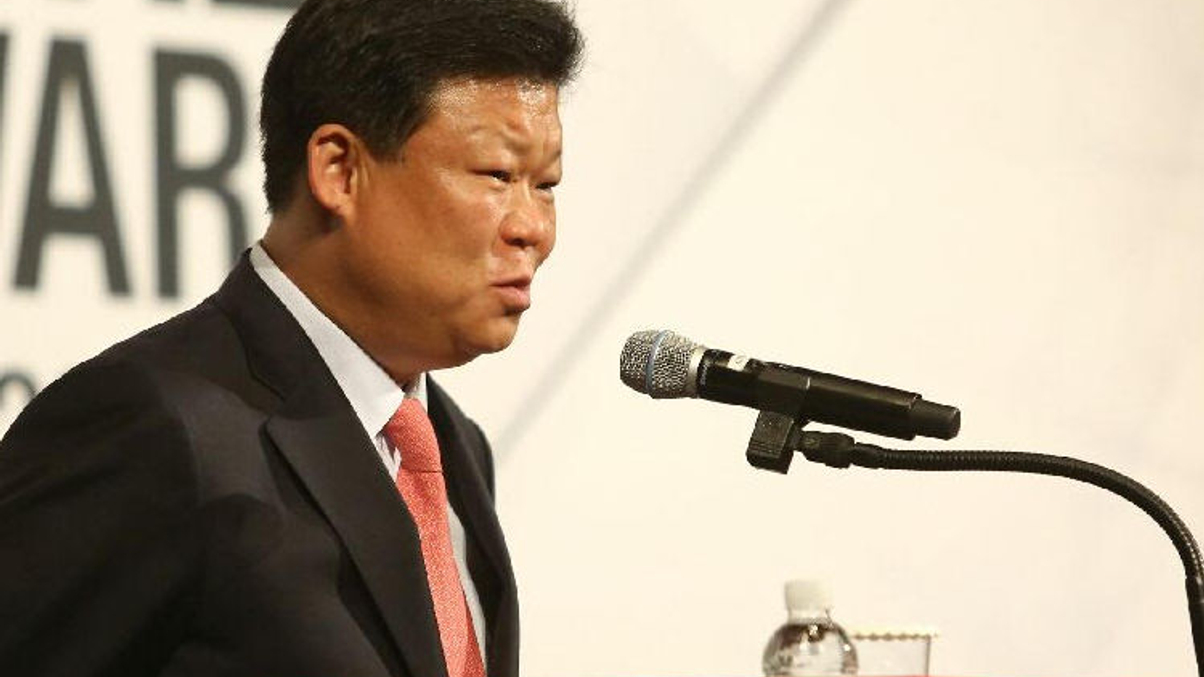Korea’s GEPS revamps strategy, allocations
The $5.2 billion state retirement fund is boosting its alternatives and overseas exposure, adopting a longer-term investment approach and using more active foreign equity managers.

Korea’s Government Employees Pension Service (GEPS) is making significant changes to its asset allocation and adopting a longer-term investment horizon, in a bid to improve returns, AsianInvestor has learned.
Sign in to read on!
Registered users get 2 free articles in 30 days.
Subscribers have full unlimited access to AsianInvestor
Not signed up? New users get 2 free articles per month, plus a 7-day unlimited free trial.
¬ Haymarket Media Limited. All rights reserved.


